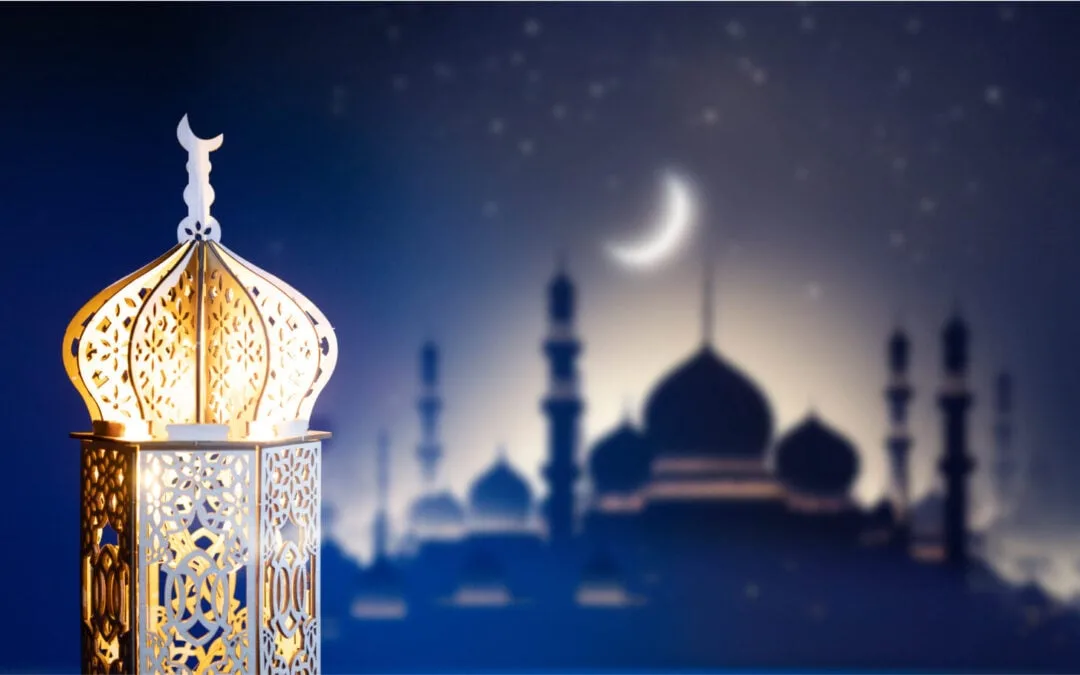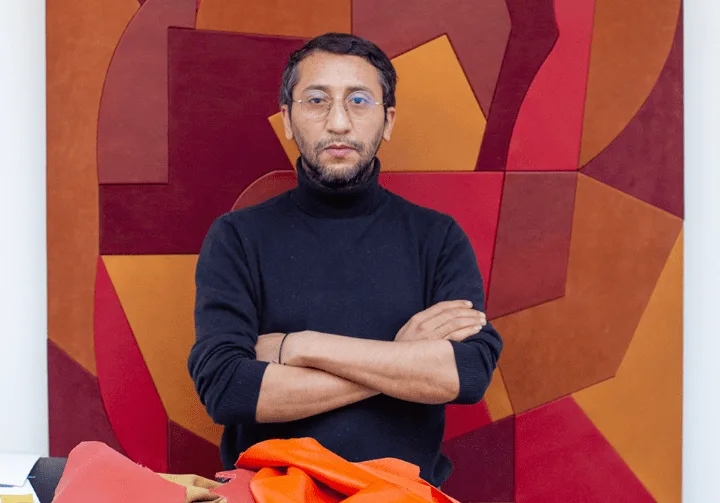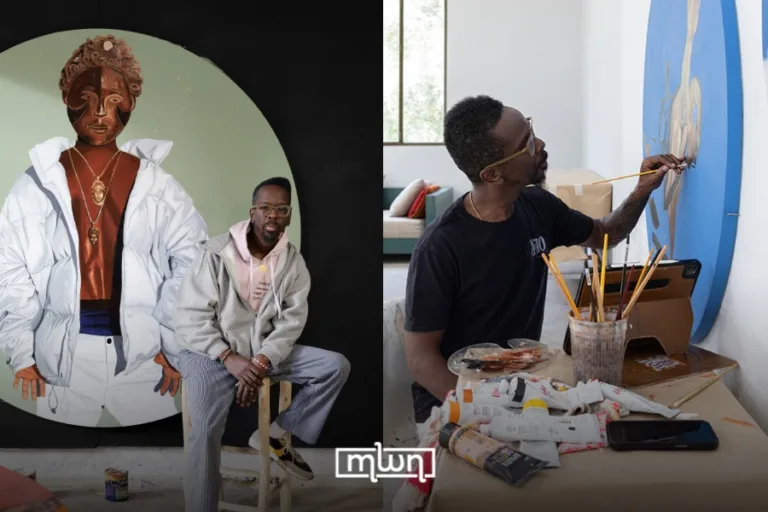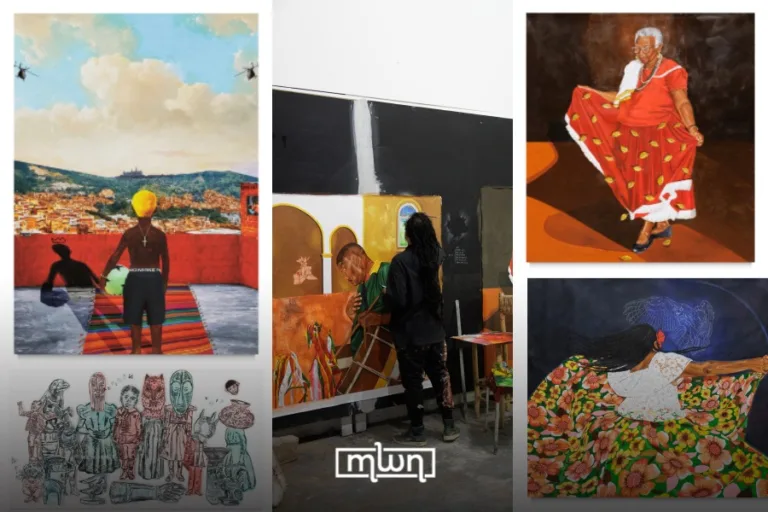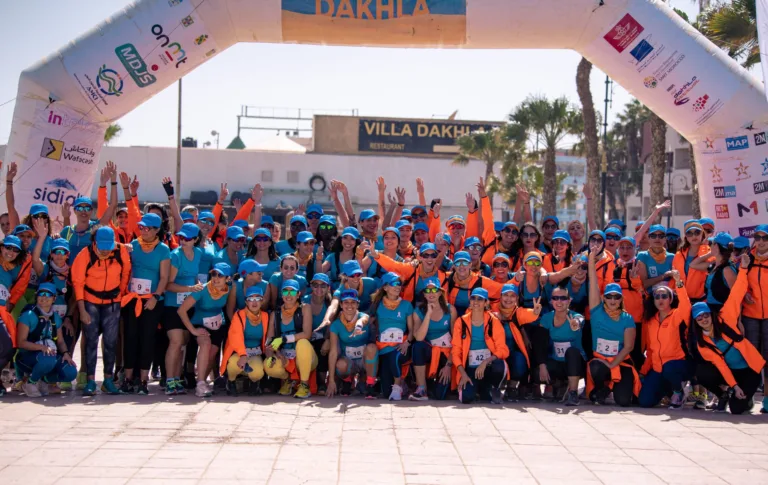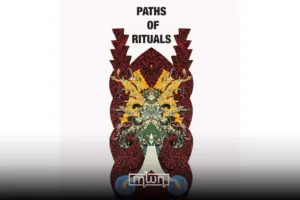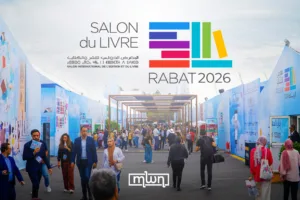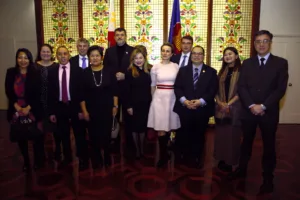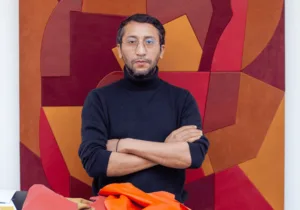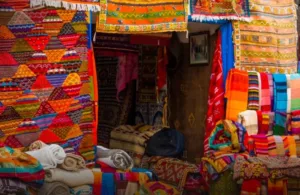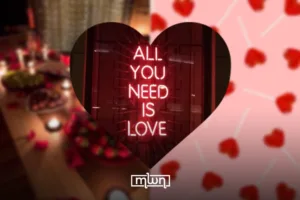Rabat – According to predictions, Ramadan 2026 is expected to commence on February 17, and conclude on March 21.
However, Moroccan authorities have not yet declared the official beginning of the month, and communities across the country continue to anticipate confirmation based on lunar sightings.
This rare February Ramadan underscores the unique rhythm of the Islamic lunar calendar, which moves approximately 10–12 days earlier each year compared to the Gregorian calendar.
The sacred night of Laylat al-Qadr, considered the most spiritually significant night of the holy month, is predicted to fall on March 16.
Historically, February Ramadans are uncommon. The last Ramadan in February occurred in 2014, and the next one is expected in 2035.
For many in this generation, especially the younger Muslims of the last ten years, experiencing a February Ramadan is unprecedented. Some have never fasted during the cooler, shorter days of winter.
The month brings not only fasting and prayer but also moments of reflection, gratitude, and connection to centuries of tradition.
During this holy month, Mosques fill with worshippers for Taraweeh prayers, while acts of charity, kindness, and generosity echo through cities and towns alike.
In February, the shorter days and cooler nights offer a different tempo than summer fasts, creating a quieter, more contemplative atmosphere for devotion.
In many Moroccan households, preparations for the month involve more than just spiritual readiness. Kitchens fill with the aroma of harira, tagine, and chebakia, markets bustle with shoppers gathering ingredients, and families pause to teach younger generations about the significance of this sacred time.
Ramadan in February, with its winter hues and early sunsets, brings a sense of intimacy, a reflective pause amid the daily rhythm of life.
As the month unfolds, it becomes clear that Ramadan is both timeless and cyclical—linking past, present, and future.
This February edition reminds Muslims of their enduring traditions, even as the calendar shifts.
While the sun sets earlier and nights are longer, the warmth of community, the joy of shared meals, and the reverence for faith remain constant, bridging generations and deepening spiritual connection.
Ramadan 2026 is not just a date on the calendar; it is a rare convergence of history, devotion, and shared human experience.
As Muslims worldwide prepare to welcome the month, Moroccans continue to await the official declaration, ready to begin a month of reflection, renewal, and spiritual growth.

